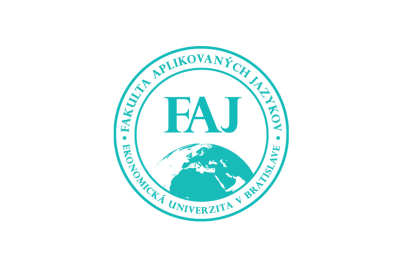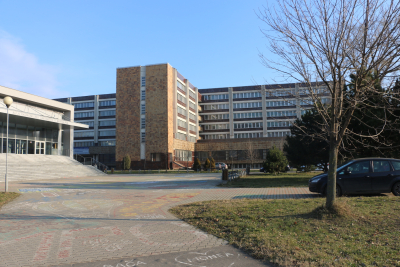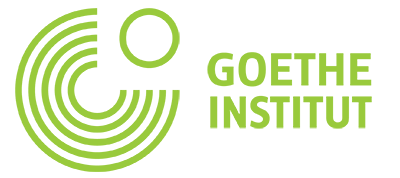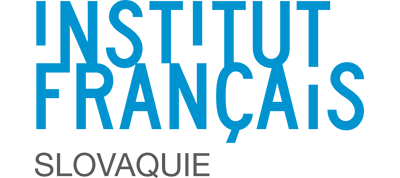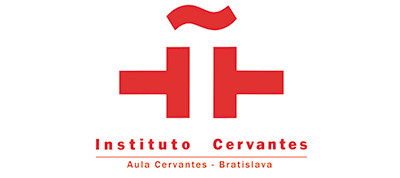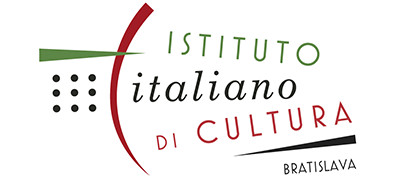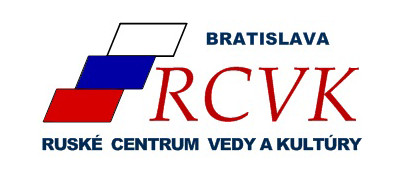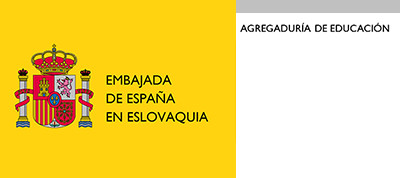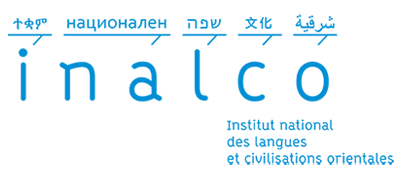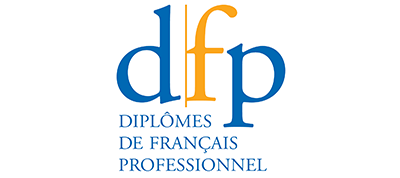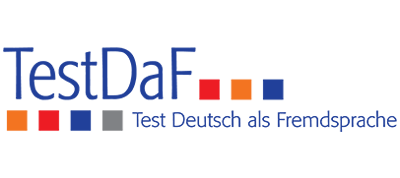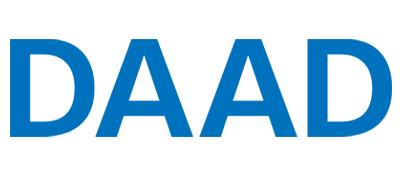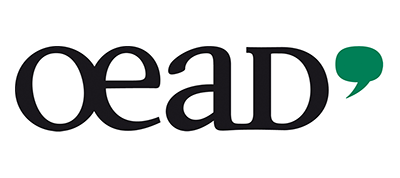- Details
- Category: Faculty
- Hits: 100264
In the course of more than seventy years history of the University of Economics in Bratislava foreign language teaching has always played a significant role. The order of importance of teaching different languages has varied, which was related to the development of trade, as well as to the political layout of the world. At the beginning the Institute for Foreign Language Studies was set up and in the first year of the former High School of Business (1940/1941) German was an obligatory language here. In addition, seven foreign languages were taught here as well. Their significant position in the then training of future traders and economists also demonstrates the fact that language teaching was included throughout eight semesters of study.
Later on, the leader of foreign languages became Russian. In the academic year 1952/1953, the Department of Non-Slavic languages was founded, along with the Department of Russian language. Russian became a mandatory subject and students could choose one language out of other foreign languages . Language teaching was divided into five semesters. Since 1969, foreign language departments have been reclassified to the Faculty of Commerce.
After the political changes in 1989, a new situation required a solution to current challenges and problems associated with the concept of foreign language learning at the former High School of Economics (1953 – 1992). The English language teaching took the first place.
The new concept of foreign language teaching, submitted for approval by the former academic senate, included a proposal to transform foreign language departments into the Institute of Languages and a proposal to introduce a module system of language teaching. On the 1 October 1990, the Institute of Languages has been set up as a pedagogical and research department.
After the Act no 131/2002 Coll. on higher education and on changing and amending certain laws, entered into force, the academic year 2005/2006 has marked major changes in the higher education system at the faculties of the University of Economics in Bratislava. All its faculties offered a credit method of study, which has been compatible with the European ECTS standard since the academic year 2005/2006 and the foreign language teaching was adapted to it.
In the period of globalization and the need for training professional workers, in particular for multicultural societies and organizations, the academic year 2009/2010 was open to a 3-year bachelor degree program “Foreign languages and intercultural communication” in the field of study “Foreign languages and cultures”. Following the accreditation of the study program “Foreign Languages and Intercultural Communication”, and in line with the long-term intention of the development of the University of Economics in Bratislava until 2011 (with a view to 2015), the Institute of Languages of the University of Economics in Bratislava has continuously been transformed to the Faculty of Applied Languages of the University of Economics in Bratislava on the 1.6.2010.
Currently, the Faculty of Applied Languages, established by the rector decree of the University of Economics in Bratislava in 2010, was one of the seven faculties of the University of Economics in Bratislava. (hyperlink decree – FAJ-image in jpg)
The Faculty of Applied Languages of the University of Economics in Bratislava offers a study of interdisciplinary character, which ranks to modern educational institutions that respond to different conditions in different cultures of the globalized world. Research activities, publications, training and education are related to the primary mission of the Faculty which sets up conditions for strengthening its mission. The education system of the Faculty is dynamic. It is characterized by a constant search for optimal pathways to educate future graduates so that they can successfully and creatively address the challenges they face in their daily professional life.
- Details
- Category: Faculty
- Hits: 114958
Office hours:
| Monday | 08:30 - 11:00 | 12:30 - 13:30 |
| Tuesday | 08:30 - 11:00 | 12:30 - 13:30 |
| Wednesday | 08:30 - 11:00 | |
| Thursday | 08:30 - 11:00 | 12:30 - 13:30 |
| Friday | 08:30 - 11:00 |
- Details
- Category: Faculty
- Hits: 84037
Mission, vision and strategic objectives
Mission, vision and strategic objectives of the Faculty of Applied Languages are base on the vision, mission, strategic objectives and mission of the University of Economics in Bratislava.
Mission
The mission of the Faculty of Applied Languages is to provide a quality of higher education in the field of humanities and social sciences, to develop and disseminate knowledge, to educate professionals who will be able to succeed in the global labor market, and thereby contribute to the development of the current society.
The mission of the Faculty in each area of its activities is as follows:
Education
- Providing high-quality and innovative higher education in attractive curriculum in the field of humanities and social sciences, with a focus on the interdisciplinary nature of the study
- Training competitive graduates of study programs in the field of humanities and social sciences who are able to successfully respond to current labor market requirements in both national and international context
- Creating conditions for implementation of the PhD program
- Offering opportunities for further training in the field of humanities and social sciences (rigorous exam procedures)
- Promoting the traineeship of students in the market and corporate sphere
Science and research
- Focusing on high-quality research and project activities in the field of humanities and social sciences
- Promoting publicity activities of faculty members with a focus on quality and international significance
- Promoting qualifying growth of Faculty members
International Relations and cooperation
- Supporting mechanisms for internationalization of education and academic cooperation
- Establishing and developing international cooperation with recognized foreign partners
- Promoting and participating the creation of joint and double diplomas
- Promoting international mobility of teachers and students
- Developing cooperation with the external environment (institutions, organizations and entities of socio-economic practice)
Vision
In 2025, the Faculty of Applied Languages will continue to provide a high-quality and attractive university education of an interdisciplinary character in accredited study programs. It will be a place supporting research, project and publication activities of its staff with an emphasis of international focus. It shall establish conditions for the qualifying growth of its members and for the successful implementation of the study program on the third level of higher education. The Faculty will further establish and develop international academic cooperation and actively cooperate with the market and industry on national and international level. As a place of a joint work by teachers and students and the synergies of teaching and research, the Faculty will consolidate its position as a dynamic educational institution in the field of humanities and social sciences in the Slovak Republic, whose graduates will be able to be successful in the global labor market.
Strategic objectives
Strategic objectives of the Faculty are based on fundamental principles of the EUBA activity and its mission. With regard to the strategy and development activities of the University, as well as to the mission of the Faculty, the Faculty of Applied Languages UE in Bratislava aims to achieve the following strategic objectives:
- profiling the Faculty as an institution which fulfills all the standards of the pedagogical and scientific workplace,
- profiling the Faculty as an institution which contributes to the creation of new scientific knowledge in the field of humanities and social sciences on national and international level.
Strategic objectives of the Faculty, the priorities, as well as the main tasks of the Faculty for the next period are anchored in the long term development of the Faculty of Applied Languages of the University of Economics in Bratislava for the period 2014-2018 with a view to 2022, resulting from the long-term development intention of the University of Economics in Bratislava for the period 2015-2019 with a view to 2023.
- Details
- Category: Faculty
- Hits: 85619
Trade Union of Education and Science Workers of the Faculty of Applied Languages at EUBA.
Members of the trade union committee:
- Zuzana Bihariová - Chairman
- Bc. Renáta MENCEROVÁ - Secretary
- Mgr. Zuzana KOČIŠOVÁ
Partners
